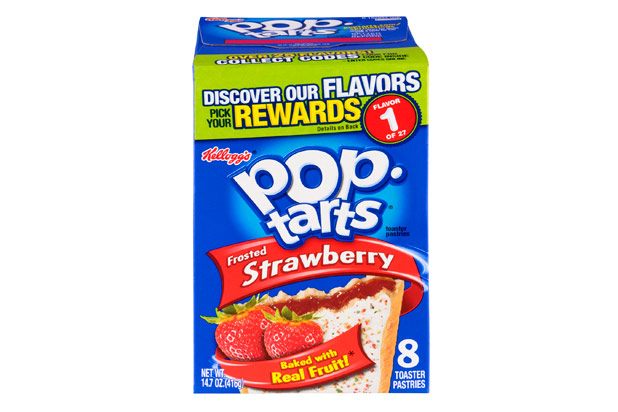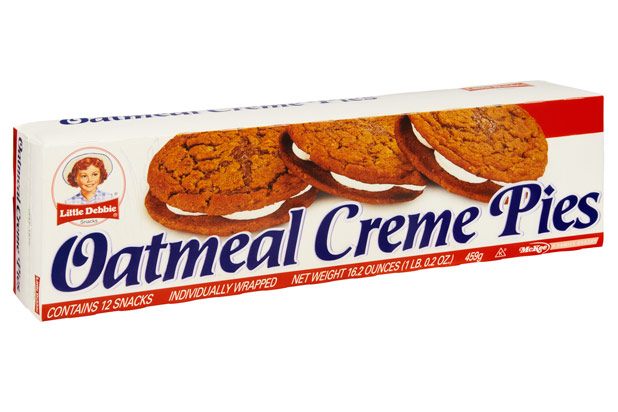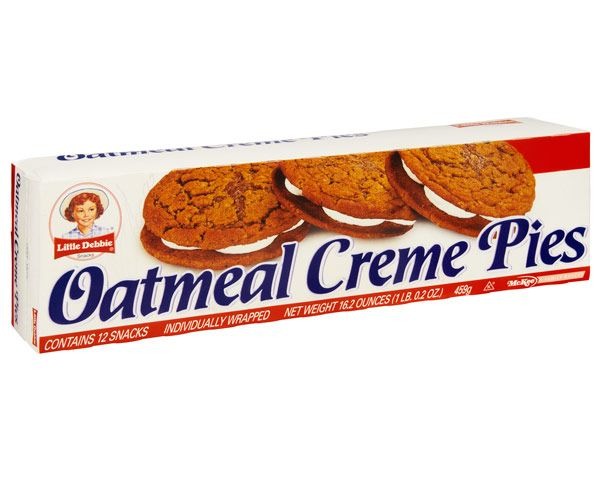These Chemicals Are Keeping Your Food Fresh
Many of the foods we eat are full of chemicals. From emulsifiers to dough conditioners, a processed food item's ingredients label can reveal a mind-boggling gamut of long scientific names you probably didn't even see in chemistry class.
These Chemicals are Keeping Your Food Fresh (Slideshow)
One of the most common kinds of additive in our food is a preservative (or several), which helps to keep it fresh. Today we're demystifying what those are, and helping you understand what exactly they do.
There are three varieties of preservatives: antimicrobials, which stop bacteria, yeasts, and molds from growing; antioxidants, which slow the oxidation of fats, which can turn food rancid; and compounds that inhibit rot in produce.
A whole host of preservatives fall into these categories: sulfites, propionates, benzoates, nitrates, chelates.... These have all been approved for use by the FDA, and are generally considered to be safe. Still, calcium disodium ethylenediaminetetraacetic acid isn't exactly the most appetizing-sounding addition to your diet.
Many of these chemicals are synthesized in a lab, and basically look like white powders before they're added to your food. There are of course plenty of other ways to preserve food without the use of chemicals — canning or salting, for example — but you can't exactly stick a loaf of Wonder Bread in a can.
The next time you check the ingredients listed on a product at the store, make a note of what preservatives are there, if any. If you're concerned, there are thankfully plenty of preservative-free items out there. They might spoil a little bit quicker, but at least you won't be eating any calcium disodium ethylenediaminetetraacetic acid.
TBHQ

TBHQ, or tert-Butylhydroquinone, is an antioxidant that preserves foods containing unsaturated vegetable oils or animal fats. It can be found in everything from Pop-Tarts to Reese's Peanut Butter Cups to crackers and many varieties of fast food, and it's been suggested that in high doses it may lead to hyperactivity and asthma in children. In order to reach a toxic dose, however you'd need to eat more than 11 pounds of chicken nuggets in one sitting.
Sorbic Acid

This antimicrobial agent, which also goes by the names calcium sorbate and potassium sorbate, occurs naturally in many plants, and synthetic versions can be found in many foods, from Little Debbie Oatmeal Cookies to frozen pizza and some fountain sodas. It's classified as safe, but it's on the list of ingredients that Whole Foods won't allow in its products.
